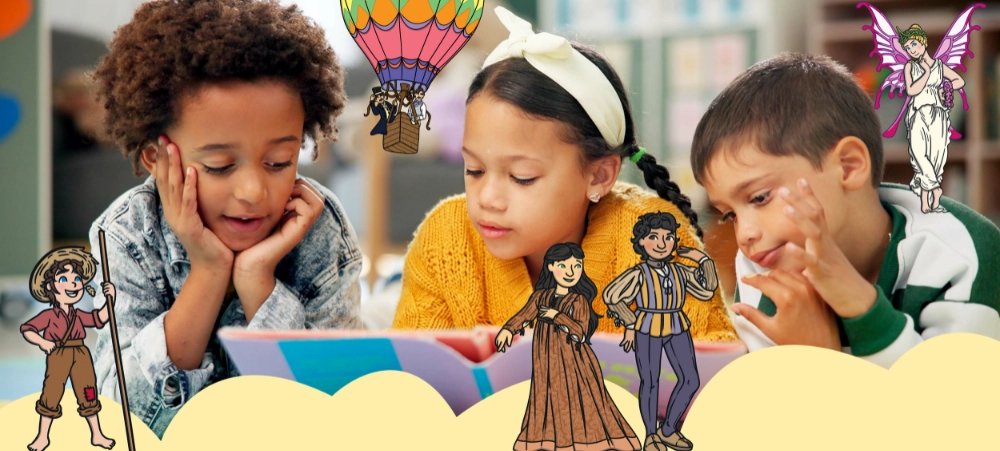The incentive for learning any additional language is distinctive to every household. However, in the South African context, given the vast social, cultural, historical and practical benefits, isiZulu is a great language to choose and learning it has many advantages and benefits.
IsiZulu is spoken by more than 20% of South Africa as a first language and by more than half the country as a second language. Given these statistics, it’s staggering that so little attention has been given to how isiZulu is taught and learnt.
There are cognitive benefits to learning additional languages. These include memory, creativity, and problem solving. Research also supports the view that children learning language from a young age can acquire a perfect accent.
Nowadays, a leading factor that makes isiZulu learning a priority is the increased appreciation and sensitivity towards diversity. Learning isiZulu has cultural benefits and promotes better social skills and adaptability. Learning it also offers us increased opportunities and skills growth that may be useful and advantageous for learners in the future world of work.
There are many ways to support your child in learning IsiZulu:
- Make use of any and all isiZulu support resources (i.e. Zulu Radio, Takalani Sesame, iPad games, books and CDs); also look at developing your own resources!
- Allow your child to showcase what they have learnt via a song/video/activity that they get to lead you in
- Have access to isiZulu songs that you listen to (and dance to) as a family
- Foster relationships with other Zulu families or caregivers who also speak isiZulu – set up regular times to hang out with them
- Give a lot of verbal affirmation that you’re proud of your children’s learning progress. Express delight at hearing them speak Zulu and let them know how valuable it is (they need you to give them the reason why they are doing it, until they can understand the value of it themselves)
Remember this is a marathon, not a sprint, and your investment is not into results tomorrow, but rather in a changed future for your child. Looking forward they, as adults, can use this language to build bridges, further their careers in this country, and acquire additional languages with ease.
Ms Nkohla and Ms Masondo
isiZulu teachers at Pinnacle College Copperleaf
We understand that there are many aspects that encompass a Mother, Father or Child and strive toward providing resources and services that accommodates this.
Our content is aimed to inform and educate families on issues starting from pregnancy through to the challenges of the teen-age years.
- Say Hello to the Ultimate Holiday Brunch Bite - December 17, 2025
- Tiny Toons Looniversity Returns: Meet the Voice Behind Plucky and Hamton! - December 12, 2025
- From Pain to Possibility: Panado®’s New Marketing Campaign, Highlights The Joy Of Pain Relief - December 10, 2025





